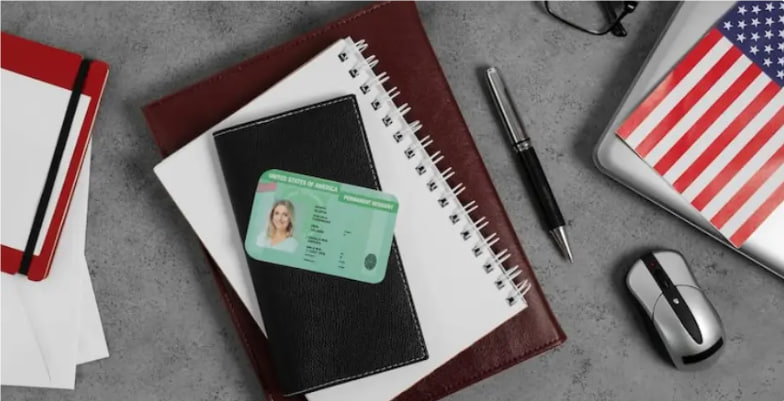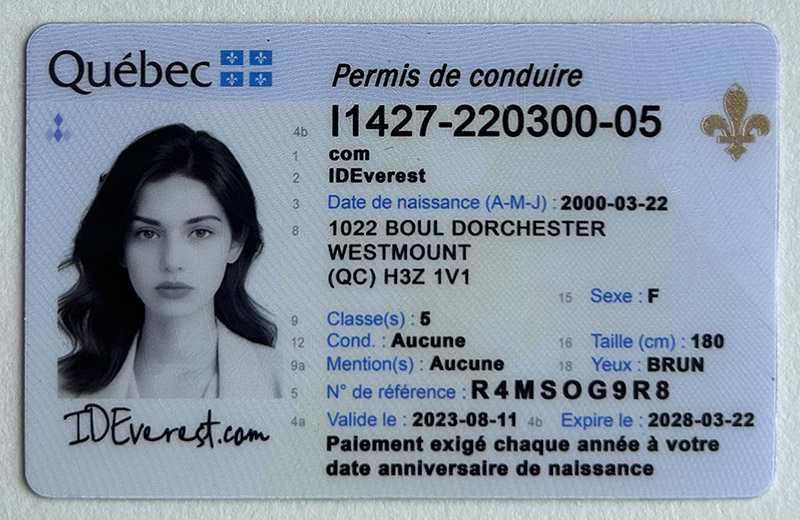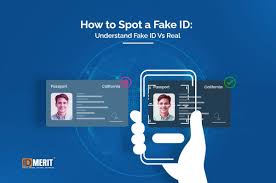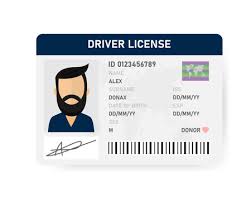Economic Benefits of a U.S. Driver's License
Economic Benefits of a U.S. Driver's License
Introduction
In the United States, obtaining a driver's license is often viewed as a rite of passage. However, beyond the freedom to drive, a driver's license offers significant economic advantages that impact both individuals and communities. This article delves into the multifaceted economic benefits of having a driver's license, highlighting its role in employment, financial independence, insurance savings, and contributions to local economies.
Employment and Employment Opportunities
One of the most important economic benefits of a driver's license is its ability to increase employment. Many employers require employees to have a valid driver's license, particularly in industries such as transportation, sales, and emergency services. This requirement limits employment opportunities for unlicensed individuals, restricting them to locations close to public transportation or home.
Widened Job Search Having a driver's license allows individuals to significantly expand their job search. For example, if someone living in a suburb relies entirely on public transportation, they may find that employment options are limited to their immediate neighborhood. With a driver's license, they can seek employment in nearby cities or areas with limited transportation, increasing their chances of finding a position that matches their skills and aspirations.
Flexibility and Irregular Work Hours Flexibility is another important advantage. Many jobs require flexible work hours, with shifts that may start early in the morning or last until late at night. Public transportation schedules often do not align with these times, making it difficult for non-drivers to pursue such jobs. A driver's license grants the ability to commute at any time, allowing individuals to accept a wider variety of positions.
Financial Independence
A driver's license promotes financial independence. People without a driver's license often rely on family, friends, or public transportation, which can hinder their ability to fully participate in the workplace. This reliance can result in missed job opportunities, as last-minute transportation arrangements may not always be feasible.
Autonomy in Everyday Life With a driver's license, individuals can independently make decisions about their own transportation, attend job interviews, social events, and even social gatherings where a job opportunity may lead to one. This autonomy can boost confidence and encourage a proactive job search, ultimately leading to better employment outcomes.
Financial Benefits and Insurance
While there are upfront costs associated with obtaining a driver's license, such as test fees and insurance premiums, there are also potential savings that can increase financial stability.
Reduced Insurance Premiums Drivers with a valid driver's license are often eligible for lower auto insurance rates. Insurance companies view a valid driver's license as an indicator of responsibility, which can reduce insurance premiums. Over time, these savings can be substantial, making car ownership more affordable.
Transportation Cost Savings Additionally, having a driver's license allows individuals to make strategic choices regarding transportation. They can shop around for the best fuel prices, take advantage of ride-sharing services, or carpool with coworkers. These options can result in substantial savings compared to simply relying on taxis or public transportation.
Impact on the Local Economy
The presence of licensed drivers contributes positively to the local economy. When people can drive, they are more likely to patronize local businesses, which boosts sales and creates a ripple effect that supports job creation.
Consumer Spending This consumer spending is essential to the vitality of local businesses, which strengthens the local economy. Increased foot traffic and sales can help small businesses thrive, which in turn promotes job growth and community development.
Quality of Life and Community Engagement
In addition to the direct economic impact, driver's licenses contribute to a better quality of life. Greater mobility enables individuals to participate in social, cultural, and recreational activities, which enhances physical and mental health. Healthier people generally exhibit higher productivity levels and lower health care costs, which benefits the economy as a whole.
Social Mobility Additionally, driver's licenses promote social mobility. Access to education and training opportunities is essential for career advancement. Individuals with a driver's license can attend educational institutions or training programs that are not easily accessible by public transportation. This opportunity allows individuals to invest in their skills, which can lead to better job prospects and potentially higher incomes.
Barriers and Considerations
Despite the advantages, it is important to recognize the barriers to obtaining a driver's license. Factors such as the cost of driver education, vehicle ownership, and insurance can be significant barriers for low-income individuals. Additionally, certain groups, such as the elderly or people with disabilities, may face challenges in obtaining and maintaining a driver's license.
Policy Impact Addressing these barriers is critical to maximizing the economic benefits of driver's licenses. Policy interventions, such as subsidized driver education programs or accessible public transportation options, can help ensure that more people are able to benefit from the economic opportunities that driver's licenses bring.
Conclusion
In summary, the economic benefits of driver's licenses (such as Nebraska fake ID, Texas fake ID, Arkansas fake ID, and Missouri fake ID, among others) in the United States are wide-ranging and multifaceted. From increasing job opportunities and promoting economic independence to boosting local economies and improving quality of life, driver's licenses are an important tool for many people. Despite the challenges, addressing these barriers can realize the full potential of driver's licenses as economic assets, benefiting both individuals and communities.










 Economic Benefits of a U.S. Dr
Economic Benefits of a U.S. Dr
 Title: Quebec Driver's License
Title: Quebec Driver's License
 Personalized Illinois Fake ID
Personalized Illinois Fake ID
 Custom Illinois Fake ID
Custom Illinois Fake ID